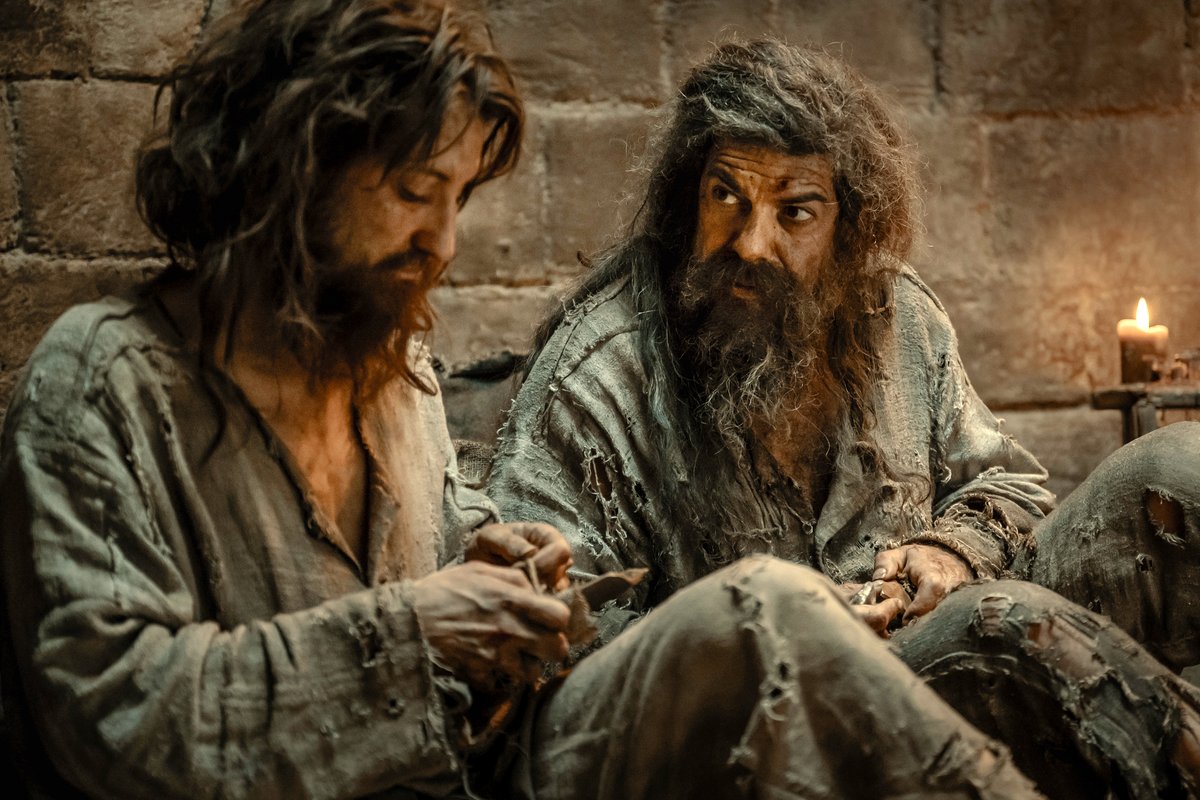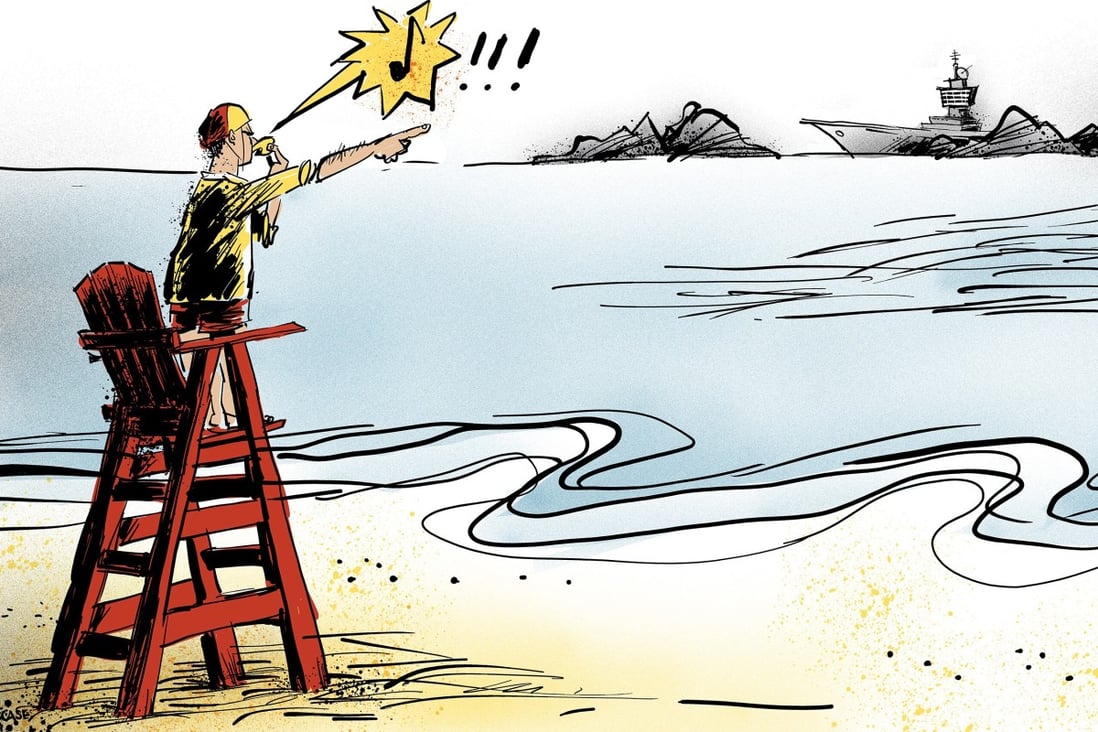Revisiting The Count Of Monte Cristo: Is It Still Relevant Today?

Table of Contents
Enduring Themes of Revenge and Justice in The Count of Monte Cristo
The Allure of Revenge
The timeless appeal of revenge narratives lies in their exploration of fundamental human emotions. Edmond Dantes's quest for vengeance against those who unjustly imprisoned him taps into our primal desire for justice and retribution. The psychological aspects of revenge are compelling:
- The obsessive pursuit of justice: Edmond's meticulous planning and unwavering focus highlight the consuming nature of revenge.
- Moral ambiguity: The novel forces us to question whether Edmond's actions are justifiable, even when motivated by profound suffering. His methods are often ruthless, blurring the lines between justice and cruelty.
- The destructive consequences of revenge: While Edmond achieves his goals, the novel subtly suggests that the pursuit of revenge ultimately leaves him unfulfilled and emotionally scarred.
The exploration of revenge in The Count of Monte Cristo is a masterclass in portraying the moral ambiguity surrounding the desire for retribution. It challenges readers to contemplate the ethical dilemmas inherent in seeking revenge and the potential consequences of such actions. The powerful narrative arc, centered on Edmond Dantes’s quest for justice, remains deeply relevant, resonating with our own desire for fairness and accountability.
The Pursuit of Justice
The Count of Monte Cristo offers a potent critique of the justice system itself. The novel vividly portrays the corruption and injustice that can lead to wrongful imprisonment and the suffering of innocent individuals. Edmond's journey becomes a quest not just for revenge, but for a form of justice denied to him by the legal system.
- A flawed system: The novel demonstrates how easily the system can be manipulated by wealth and power, highlighting the disparities in access to justice.
- Corruption and Inequality: The actions of Danglars, Fernand Mondego, and Villefort exemplify how personal ambition and greed can subvert the pursuit of justice, leading to the oppression of the innocent.
- Contemporary parallels: The novel’s critique of corruption and inequality within legal systems remains sadly relevant today, highlighting ongoing struggles for fairness and equitable access to justice across the globe.
The novel's exploration of justice and injustice provides a powerful commentary on the flaws within societal systems and the lengths to which individuals might go to seek redress.
The Count of Monte Cristo's Exploration of Power and Betrayal
The Corrupting Influence of Power
Dumas masterfully portrays the corrupting influence of power through his antagonists: Danglars, Fernand Mondego, and Villefort. Each character demonstrates how the acquisition and abuse of power lead to moral decay and ruthless actions:
- Danglars: His relentless ambition and pursuit of wealth corrupt his moral compass, leading him to betray Edmond and others without remorse.
- Fernand Mondego: Driven by jealousy and ambition, Fernand uses his position to destroy Edmond and claim what he desires.
- Villefort: His fear of exposure and desire to maintain his position lead him to participate in the injustice against Edmond.
The novel serves as a cautionary tale, showcasing how power can warp judgment, distort morality, and ultimately lead to self-destruction.
The Nature of Betrayal and its Impact
Betrayal forms the very crux of The Count of Monte Cristo's plot. The different forms of betrayal – friendship, loyalty, love – and their impact on Edmond are explored in great detail.
- The shattering of trust: The betrayal by Fernand, Danglars, and Villefort shatters Edmond's faith in friendship and human kindness.
- The psychological toll: The novel vividly portrays the emotional and psychological devastation caused by betrayal, highlighting the lasting impact on Edmond's psyche.
- The complexities of relationships: The betrayals explored are not simple acts of malice; they stem from a complex interplay of ambition, fear, and self-preservation.
This exploration of betrayal creates a rich tapestry of human relationships, forcing us to examine the motivations of the betrayers and the devastating consequences of their actions on the betrayed. The strength of the relationships, and their shattering, are a testament to the power of Dumas’s storytelling.
The Count of Monte Cristo and its Modern Relevance: Contemporary Parallels
Themes of Social Injustice and Inequality
The novel's exploration of social injustice and inequality remains chillingly relevant in the 21st century. The disparities in wealth, power, and opportunity depicted in Dumas's work resonate with contemporary issues:
- Economic disparity: The vast gap between the wealthy elite and the impoverished masses mirrored in the novel echoes modern economic inequality.
- Political corruption: The manipulative machinations of the powerful mirror contemporary instances of political corruption and abuse of power.
- Social discrimination: The prejudice and discrimination faced by Edmond reflect ongoing societal struggles against various forms of social injustice.
The enduring power of The Count of Monte Cristo lies in its ability to expose these timeless issues, showing how they transcend specific historical contexts and continue to shape our world.
The Enduring Power of Storytelling
The novel’s continued popularity across cultures and generations demonstrates the enduring power of its storytelling. Numerous adaptations in film, television, and other media testify to its timeless appeal:
- Classic film adaptations: From the silent era to modern interpretations, the story of Edmond Dantes continues to be reimagined and reinterpreted.
- Modern retellings: The core themes and narrative arc find resonance in contemporary settings, proving its enduring power to resonate with new audiences.
- Its universal appeal: The timeless themes of revenge, justice, power, and betrayal create a narrative that transcends cultural boundaries and speaks to the fundamental aspects of the human condition.
This versatility ensures that The Count of Monte Cristo remains a relevant and engaging text for readers across different backgrounds and generations.
Conclusion
The Count of Monte Cristo remains powerfully relevant today because it delves into timeless themes that continue to shape our world. The novel's exploration of revenge, justice, power, betrayal, and social injustice provides a potent commentary on the human condition and the complexities of our societal structures. Its enduring popularity across various adaptations testifies to its power to capture and resonate with readers across cultures and generations. Read The Count of Monte Cristo, explore the timeless themes of The Count of Monte Cristo, and discover the relevance of The Count of Monte Cristo today; you might be surprised by how much this classic novel still has to say to us.

Featured Posts
-
 Shoplifting At Hayes Garden World Ambleside Couples 300 Heist
May 05, 2025
Shoplifting At Hayes Garden World Ambleside Couples 300 Heist
May 05, 2025 -
 I Anatreptiki Emfanisi Tis Emma Stooyn Leptomereies Apo Tin Ekdilosi
May 05, 2025
I Anatreptiki Emfanisi Tis Emma Stooyn Leptomereies Apo Tin Ekdilosi
May 05, 2025 -
 Cbf Divulga Tabela Basica Do Brasileirao Serie A 2024
May 05, 2025
Cbf Divulga Tabela Basica Do Brasileirao Serie A 2024
May 05, 2025 -
 Neymar Sem Brilho Corinthians Derrota Santos Por 2 A 1
May 05, 2025
Neymar Sem Brilho Corinthians Derrota Santos Por 2 A 1
May 05, 2025 -
 Starmers Tougher Stance On Immigration A Direct Challenge To Farage
May 05, 2025
Starmers Tougher Stance On Immigration A Direct Challenge To Farage
May 05, 2025
